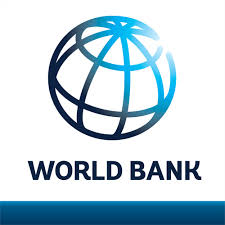The depletion of natural capital – including assets like forests, water, fish stocks, minerals, biodiversity and land – poses a significant challenge to achieving poverty reduction and sustainable development objectives. The issue is especially important in developing countries. Low-income countries particularly depend on natural capital for 47 percent of their wealth. And yet, in several of these countries, natural capital is being depleted without any corresponding investments in human capital (such as education or health) or produced capital (such as infrastructure), leading to an overall decrease in wealth and a failure to improve standards of living among the poor.
The World Bank’s Global Program on Sustainability (GPS) aims to integrate environmental and other sustainability considerations into public and private decisions, by providing policy makers and the financial sector with the necessary metrics and tools. This approach involves looking beyond GDP and traditional financial metrics to include accounting for environmental risks and opportunities and valuing natural capital and ecosystem services. The COVID-19 pandemic has highlighted strong links between human and planetary health, making the valuation of natural capital and ecosystem services more important than ever.
A systematic approach to measuring the contribution of natural capital to a country’s development is critical to shifting investment towards sustainable growth, support post-COVID recovery, and help address biodiversity loss and climate change crises. GPS builds on nearly a decade of experience from the Wealth Accounting and the Valuation of Ecosystem Services (WAVES), a global partnership that has been working with over 20 countries to implement natural capital accounting and analysis.
GPS is structured around three pillars:
INFORMATION: Provide global information on natural capital and sustainability
IMPLEMENTATION: Facilitate country-level support to integrate natural capital approaches into decision-making
INCENTIVES: Promote sustainability in the financial sector

